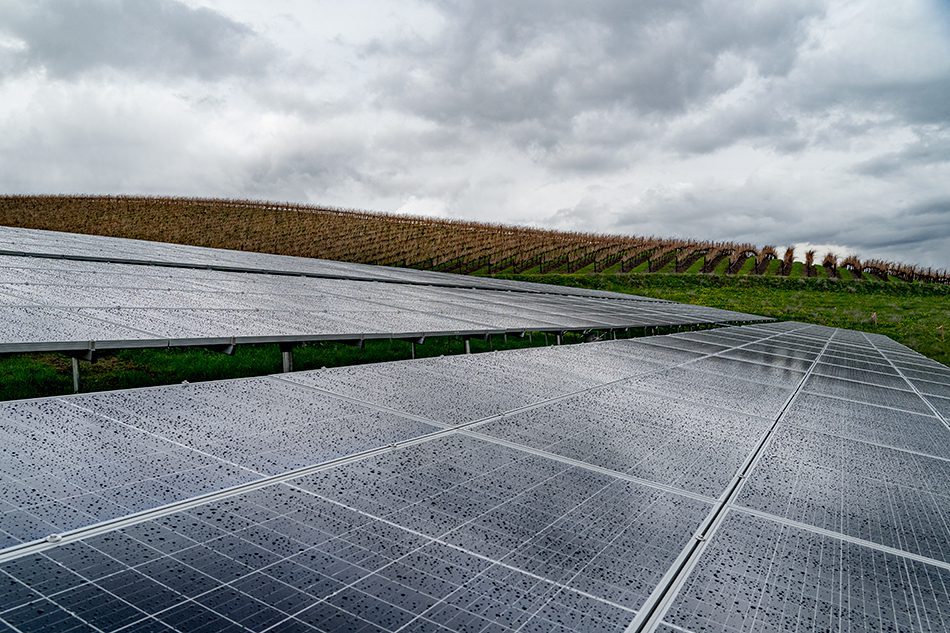Fall is in full swing, and our days are getting shorter—even in sunny California. That means your solar panels are likely generating less energy. And that’s perfectly normal!
Why? Instead of our typically bright 15-hour summer days, we’re barely seeing nine hours a day in the winter. Plus, many of those daylight hours are dampened by overcast skies and rain. Less sunlight means less solar power. (That’s the basics of solar power production, of course.)
The good news is, because your panels are generating so much energy during the summer hours, your true-up bill at the end of the year will likely still even out. Extra summer power typically offsets the winter slump.
But that doesn’t mean you should stop being vigilant during the winter. Here’s how to make sure your solar is always functioning at peak production levels:
-
- Monitor your system. We recommend opening your monitoring app often to ensure everything is functioning properly.
- Check your monthly statements. Compare monthly solar production numbers with your PG&E statements to ensure your solar is still meeting your needs.
- Review your annual true-up bill. If your needs have changed this year by installing a hot tub or buying an electric vehicle, reach out to get a custom proposal to add more panels or a battery backup to your existing system.
Want to learn more about solar panel productivity? Check out this blog on our website—and talk to us if your energy goals have changed. We’re always available to help, no matter the season.

